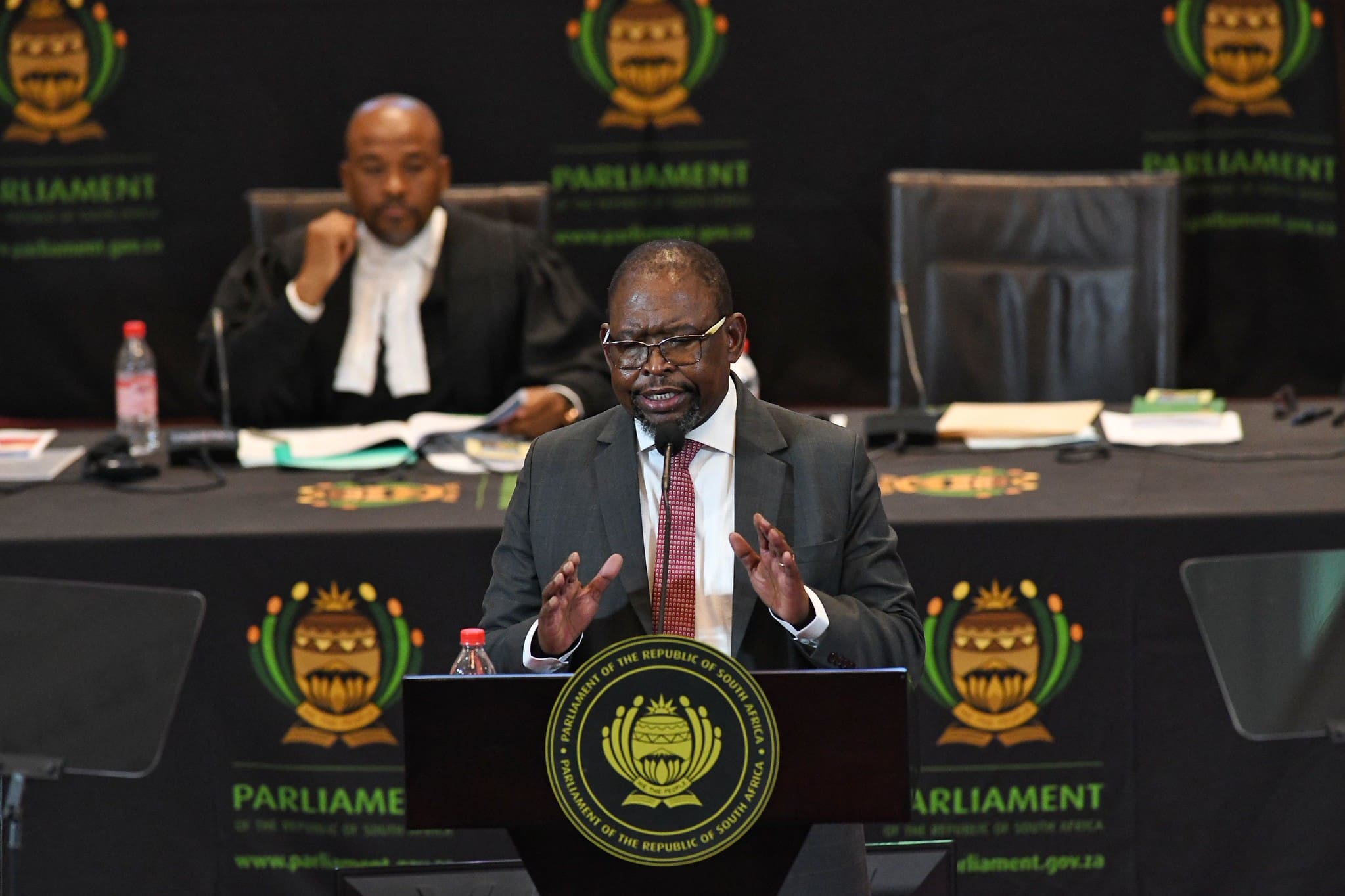The Department of International Relations and Cooperation (DIRCO) finds itself perplexed by a recent terrorism warning issued for South Africa by the United Kingdom (UK) Foreign Office.
The alert, posted on the official UK government website, cautioned British citizens either living in or intending to travel to the country that “terrorists are very likely to try to carry out attacks in South Africa”.
Reacting to the UK’s alert, DIRCO director general Zane Dangor expressed his outrage, demanding credible proof of the threat from the British government. News24 has quoted Dangor as saying, “There is no evidence why we would be a target for a terror attack, and we are saying if you have credible information, give it to us, which they have not done.”
Despite DIRCO’s reaction, these warnings are often issued by international governments with a low threat level, according to Ryan Cummings, a political analyst, risk consultant, and director of Signal Risk.
“It’s important to contextualise these warnings,” says Cummings. “These types of warnings are obviously not unique to South Africa or unique to the specific time period.”
Terror warnings are issued with a degree of frequency and even issued for countries in Europe or the United States, says Cummings, who notes that these warnings are not “specific to the probated security environment in a given country.”
“In some cases, these threats are made without any significant substance but foreign governments do have a responsibility to provide the citizens within any given country a kind of formal warning,” says Cummings
This is not the first terror warning issued for South Africa. During the 2010 Soccer World Cup, alerts were issued over the Al-Shabaab militant group and potential attacks on World Cup venues.
While these warnings may create a level of panic, “the actual impact that they’ve had on tourism in previous instances, on our financial systems and everything else, has been negligible,” says Cummings.
“I think this is responsive to what is an increased kind of global threat of terrorism at the moment due to dynamics in the Middle East,” says Cummings.
Although it is recognised that there exists a passive tension between the UK and South Africa due to South Africa’s position on the Israel-Palestine conflict and its neutrality in the Russia-Ukraine war, the suggestion that “the UK has done this as a means of punishing South Africa for foreign policy positioning in any way is completely misinformed regarding how these mechanisms work,” says Cummings.
The most likely source of the underlying terror threat is South Africa’s military presence in Mozambique and the Democratic Republic of the Congo (DRC). “There is always a kind of underlying threat of extremism in South Africa linked to our engagement in Mozambique. We might be withdrawing from Mozambique, but now we’re deploying forces in the DRC,” says Cummings.
Despite the initial panic, the terrorism warning issued by the UK for South Africa underscores the complexity of global security rather than a punitive attack from the UK, says Cummings.




